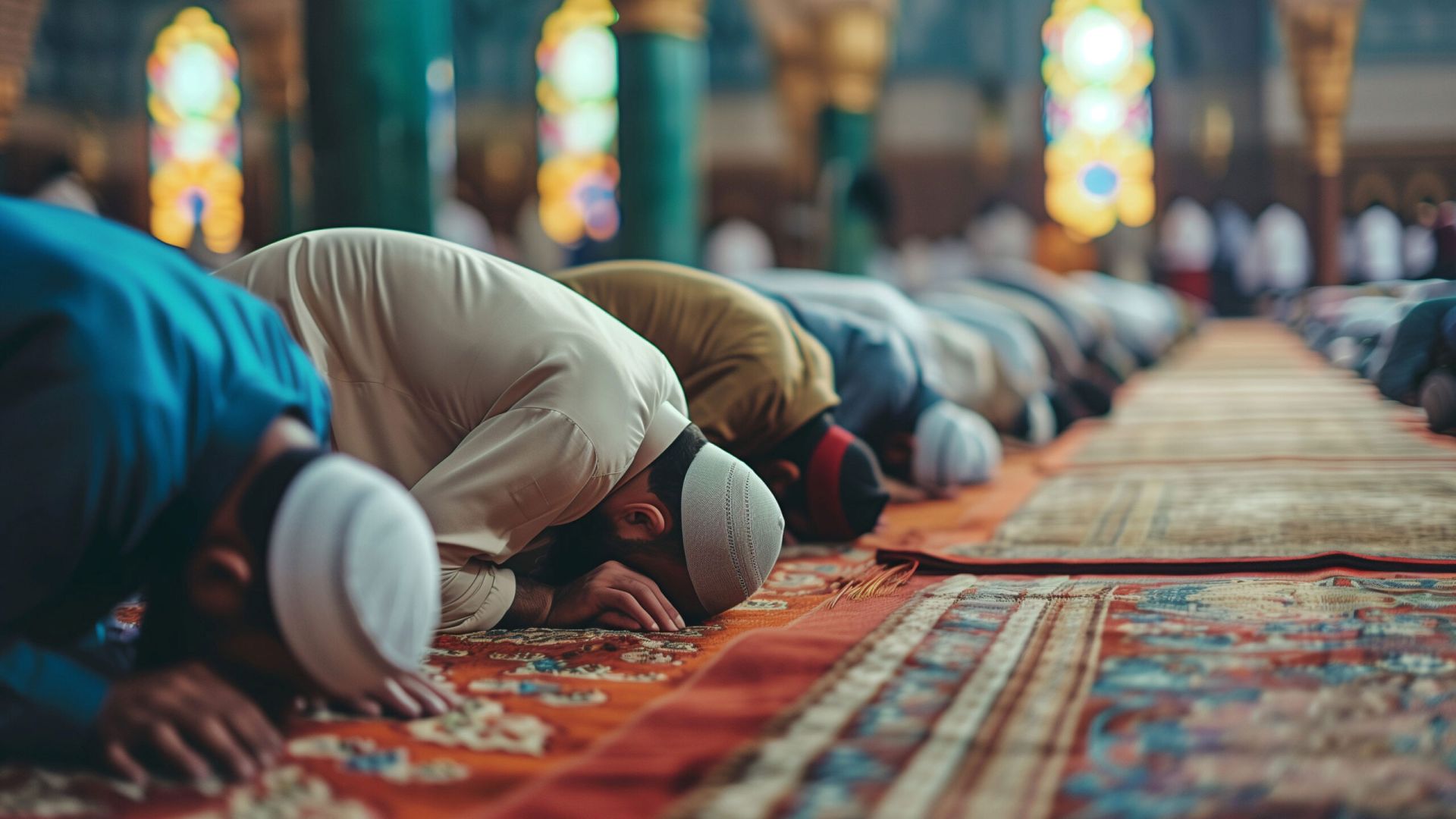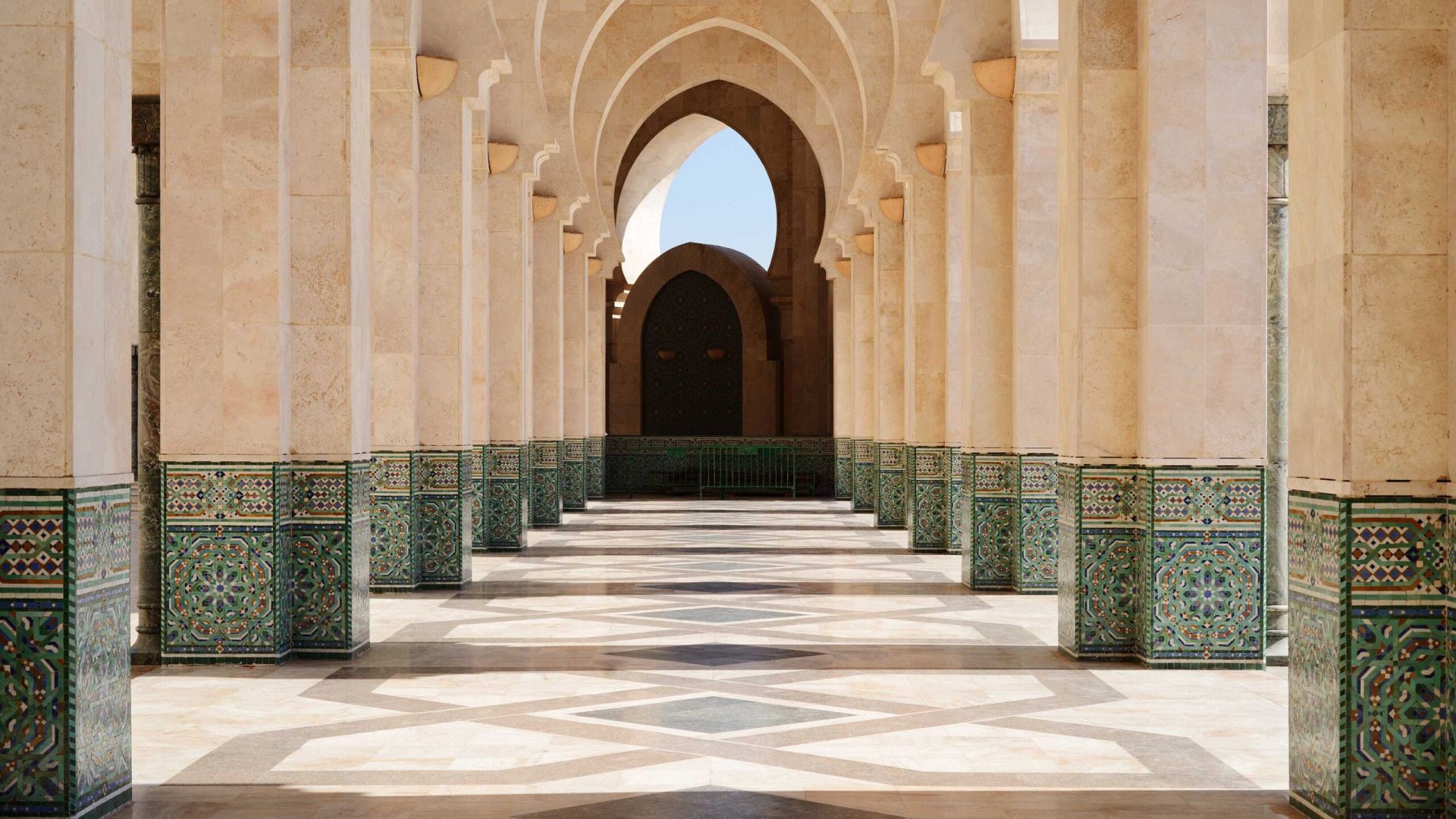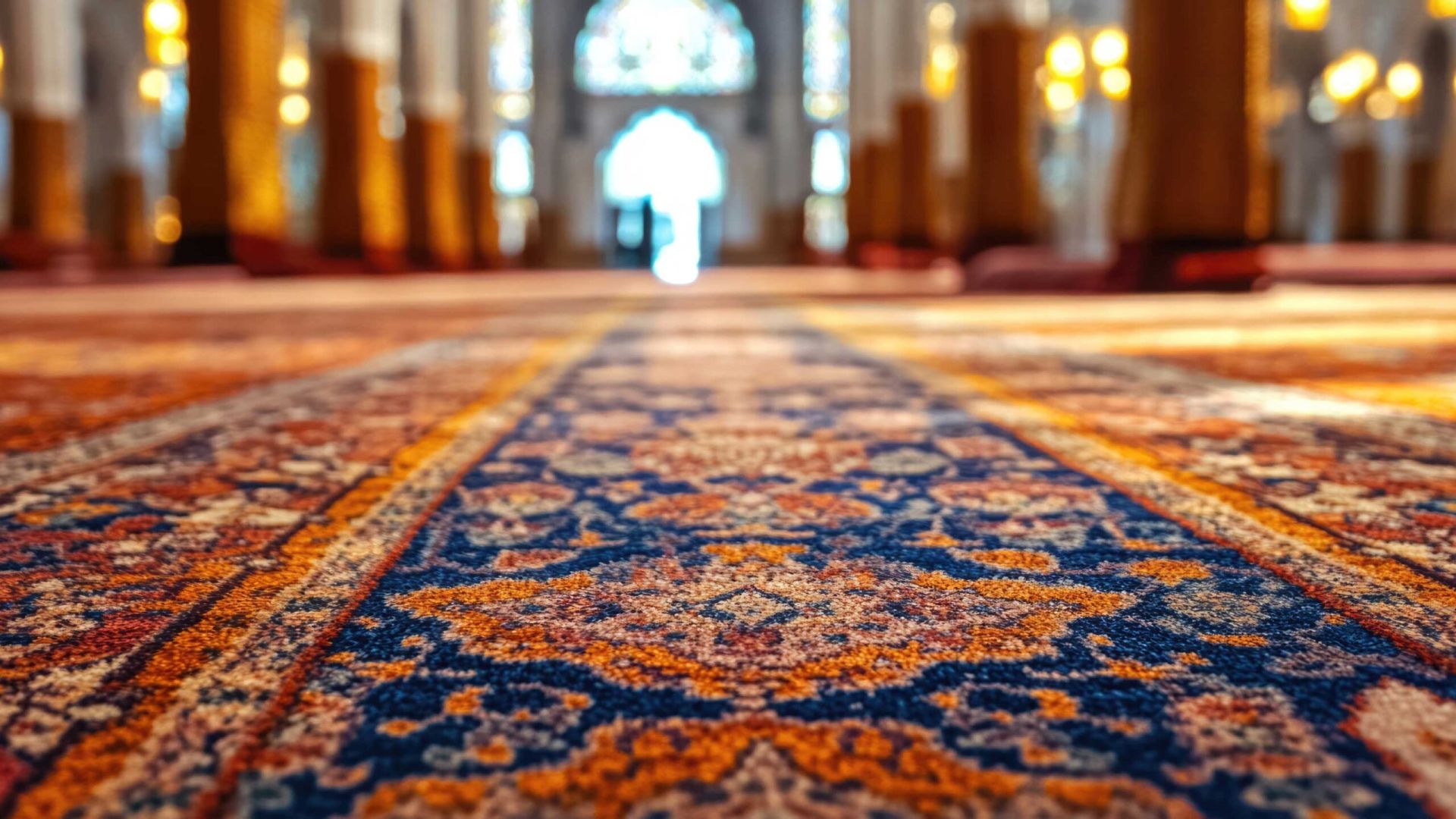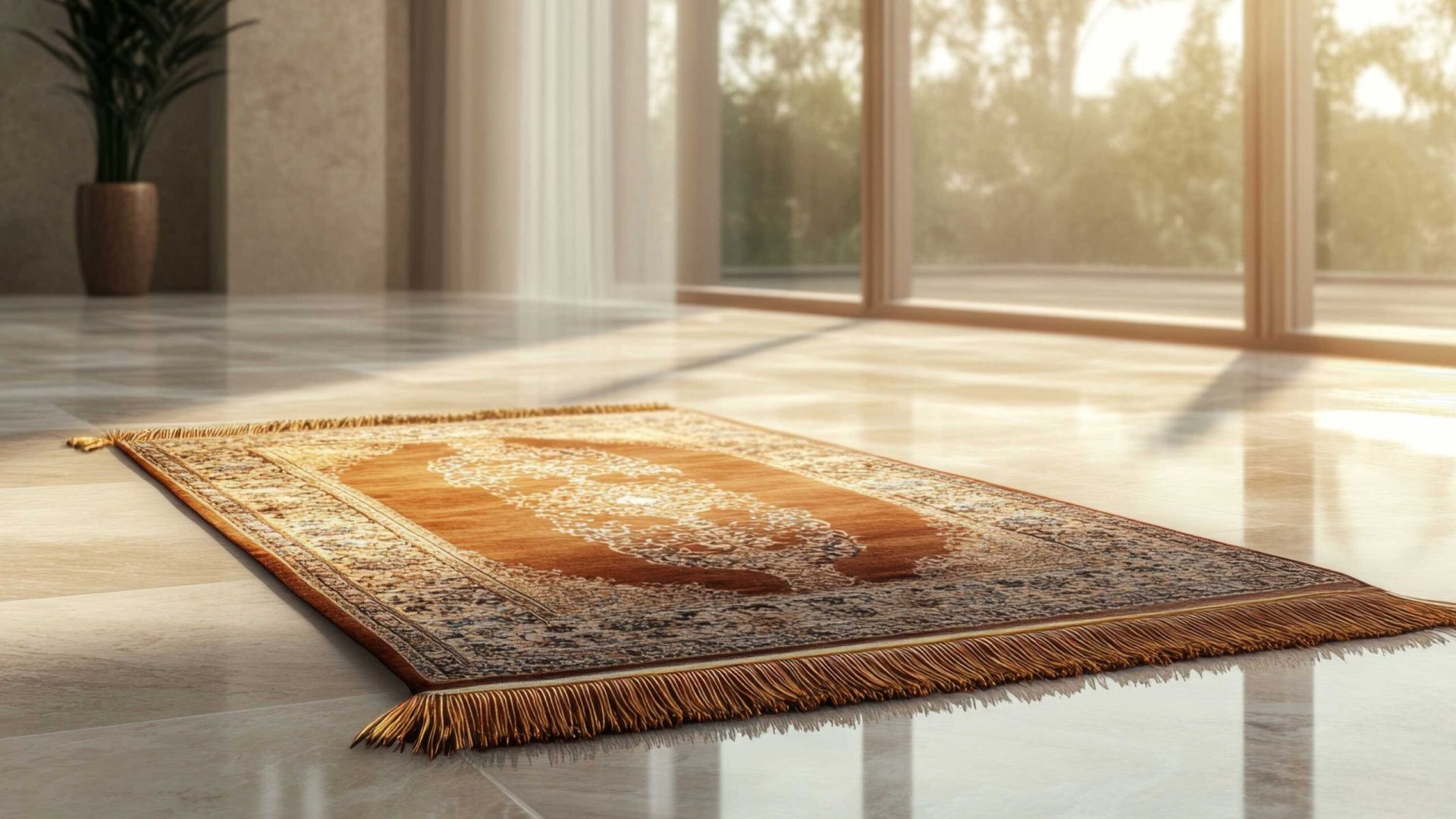Carrying Small Children to the Masjid And Holding them During the Prayer
Shaykh Musá Richardson
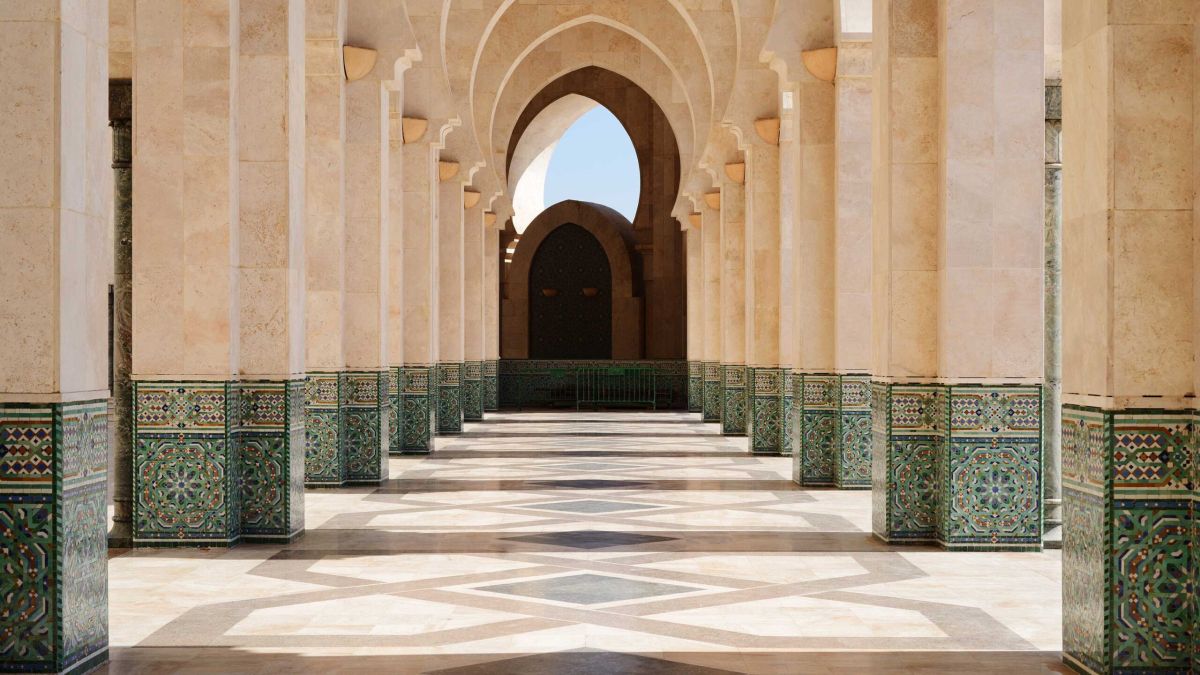

Aboo Qataadah al-Ansaaree1 (may Allaah be pleased with him) said:
كَانَ رَسُولُ اللهِ _ صَلَّى اللهُ عَلَيْهِ وَسَلَّمَ _ يُصَلِّي، وَهُوَ حَامِلٌ أُمَامَةَ بِنْتَ زَيْنَبَ بِنْتِ رَسُولِ اللهِ _ صَلَّى اللهُ عَلَيْهِ وَسَلَّمَ _ ، فَإِذَا سَجَدَ وَضَعَهَا، وَإِذَا قَامَ حَمَلَهَا.
“The Messenger of Allaah (may Allaah raise his rank and grant him peace) would pray holding Umaamah bint Zaynab bint Rasoolillaah2. He would put her down when he prostrated, and then pick her up again when he stood up.”
This hadeeth was collected by al-Bukhaaree (516) and Muslim (543). In another wording collected by al-Bukhaaree (5996):
خَرَجَ عَلَيْنَا النَّبِيُّ _ صَلَّى اللهُ عَلَيْهِ وَسَلَّمَ _ ، وَأُمَامَةُ بِنْتُ أَبِي العَاصِ عَلَى عَاتِقِهِ، فَصَلَّى، فَإِذَا رَكَعَ وَضَعَ، وَإِذَا رَفَعَ رَفَعَهَا.
“The Prophet (may Allaah raise his rank and grant him peace) came out once (to lead the prayer) with Umaamah bint Abil-‘Aas on his shoulders. He prayed, placing her down when he bowed and picking her up when he stood up.”
Points of Benefit from this Hadeeth:
- The hadeeth proves the permissibility of carrying a baby girl to the masjid and during the prayer.
- Male parents and educators should not be shy to openly show affection to small children in different ways in front of other people, as it is not a weakness in manhood, rather it is an important part of manhood, since our best example of true manhood, the Messenger of Allaah (may Allaah raise his rank and grant him peace) used to openly show affection to small children in front of the people.
- Carrying small children to the masjid, and during the prayer, will help them to love the worship of Allaah, the people who do it, and the places it is done in.
- Carrying small children during the prayer is another way to show them mercy. The Prophet (may Allaah raise his rank and grant him peace) would even carry Umaamah in a merciful and gentle way. Al-Haafith Ibn Hajr (may Allaah have Mercy on him) said,
- “When he bowed or prostrated, he would put her down on the ground so that she would not fall. Then it seems that she loved him so much that she could not remain on the ground, perhaps saddened to be away from him, so he would have to pick her up again once he stood up.”3
- The hadeeth stresses the importance of having mercy on children, to the extent that some scholars gave it priority over complete devotion to the prayer. Al-Haafith Ibn Hajr (may Allaah have Mercy on him) said, “Here there was a clash between complete dedication to the prayer and tending to the needs of a child, and he gave preference to latter.”4 Others might argue that complete devotion to the prayer does not exclude giving consideration to the needs of those around us, and thus, there was no real clash of priorities in the first place. The very one who ordered us to pray devoutly is the one who held Umaamah in the prayer, picking her up and putting her down repeatedly5. Al-Haafith Ibn Battaal (may Allaah have Mercy on him) said,
- “There was nothing in his carrying of Umaamah that contradicts the devotion we are ordered to have in our prayers. This action of his (may Allaah raise his rank and grant him peace) is a truly a great example for us to follow. We should pattern our behavior after his actions and how he was so merciful and kind to all children, no matter their age.”6
- Shaykh ‘Abdullaah al-Bassaam (may Allaah have Mercy on him) said,
- “This hadeeth illustrates the humbleness of the Prophet (may Allaah raise his rank and grant him peace), his good manners, and the mercy he showed to the young and old alike. He was our best example of good manners, gentleness, and mercy in his dealings, especially with children and people with weaknesses.”7
Endnotes:
[1] Aboo Qataadah al-Ansaaree (d.54): He was al-Haarith ibn Rib’ee as-Salamee (not as-Sulamee), the brave fighter and horseman. He fought in the Battle of Uhud and all the ensuing battles.
[2] Umaamah bint Zaynab: Also known as Umaamah bint Abil-‘Aas, she was the granddaughter of the Messenger of Allaah (may Allaah raise his rank and grant him peace). She later married ‘Alee after the death of Faatimah. After ‘Alee’s death, al-Mugheerah ibn Nawfal married her, and she gave birth to his son, Yahyaa, after not having previously conceived.
[3] Fat-hul-Baaree (10/429)
[4] Fat-hul-Baaree (10/429)
[5] Furthermore, he (may Allaah raise his rank and grant him peace) used to shorten his recitation when leading the prayer if he heard a child crying. He also prolonged his prostration to allow a child to finish playing on his back. These two hadeeths will be discussed shortly, in shaa’ Allaah.
[6] Explanation of Saheeh al-Bukhaaree (9/212) (abridged)
[7] Tawdheeh al-Ahkaam (2/52-53) (slightly adapted)
Most Popular: Last 30 Days

A Large Following Is Not a Criterion for the Truth: Advice for Those Who Call to Allāh

Will One Gain Rewards for His Good Deeds Before Islām and Can Sinfulness After Islām Negate This?
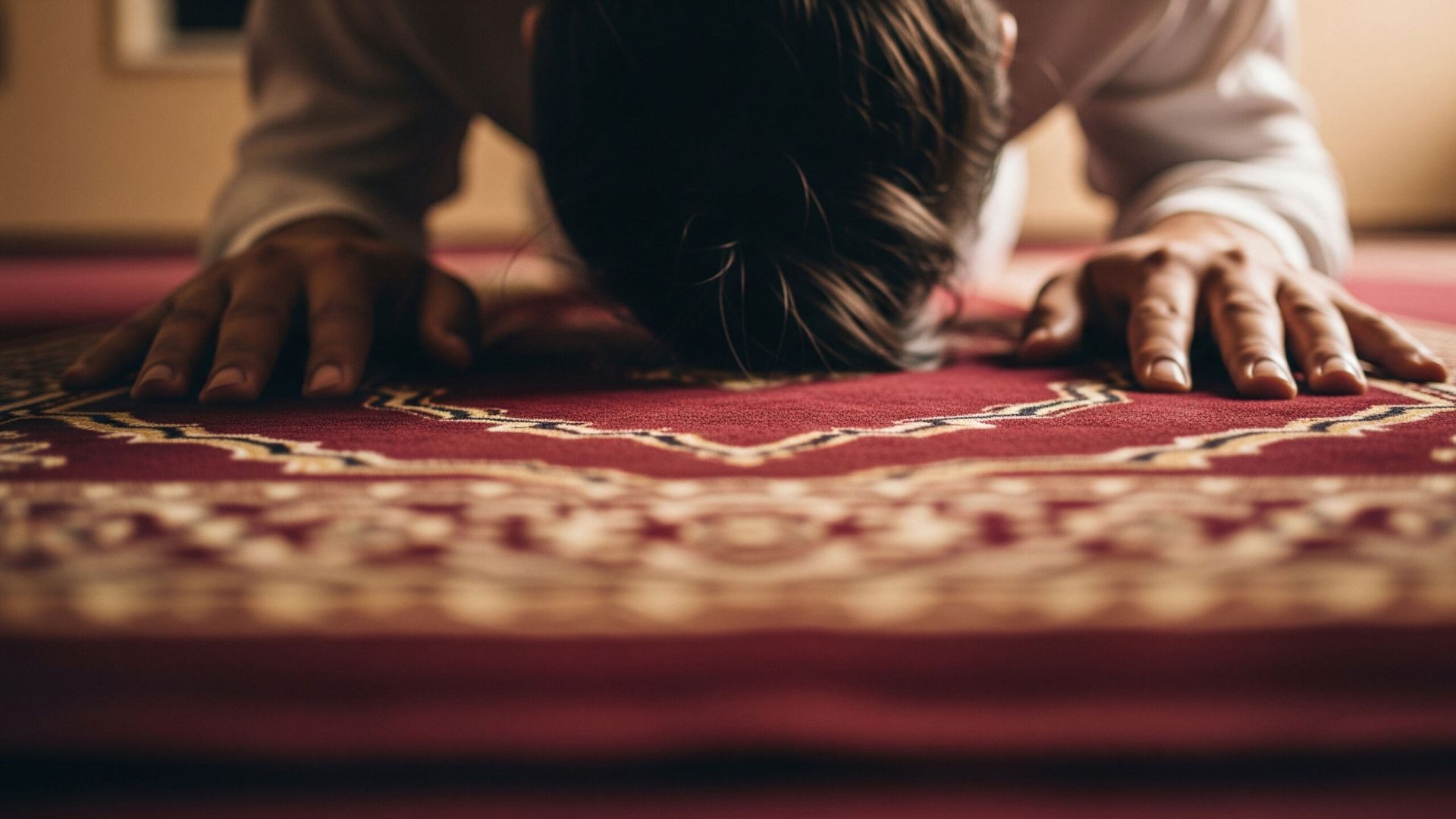
Rulings on Preventing a Person (or Animal) from Passing Before a Praying Person
